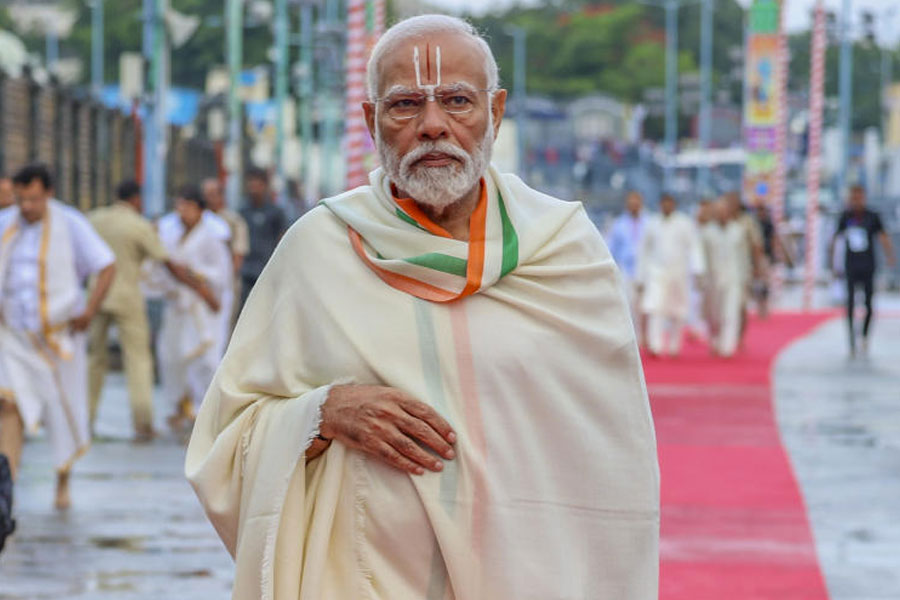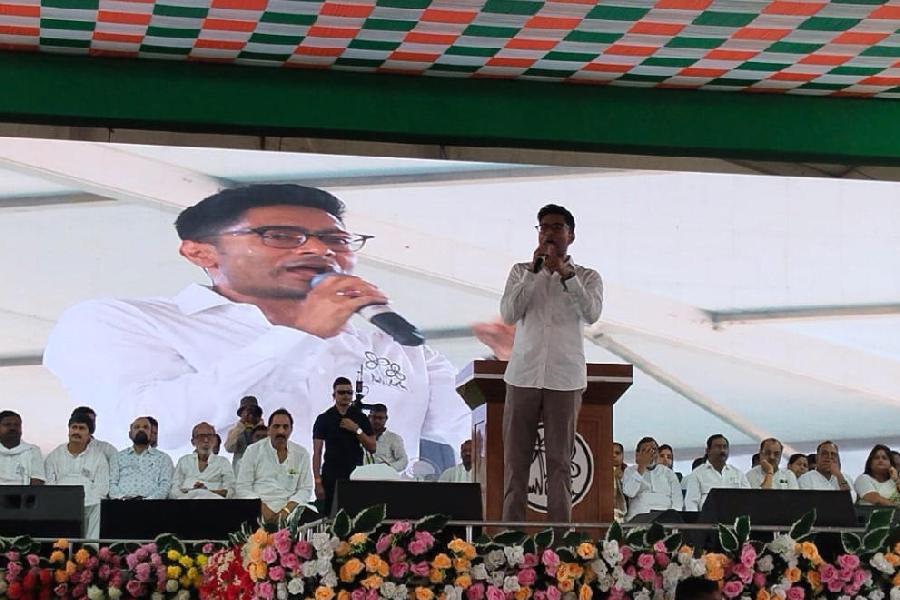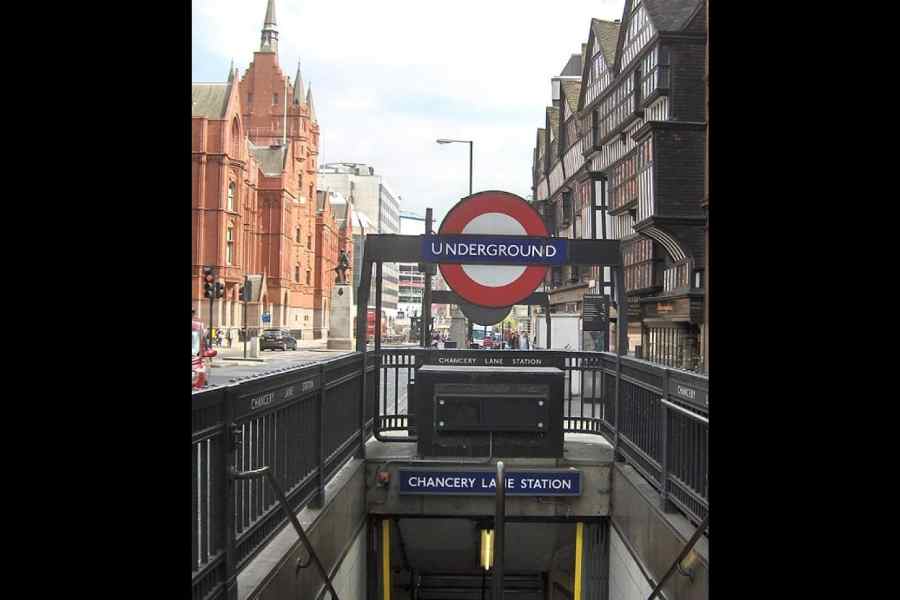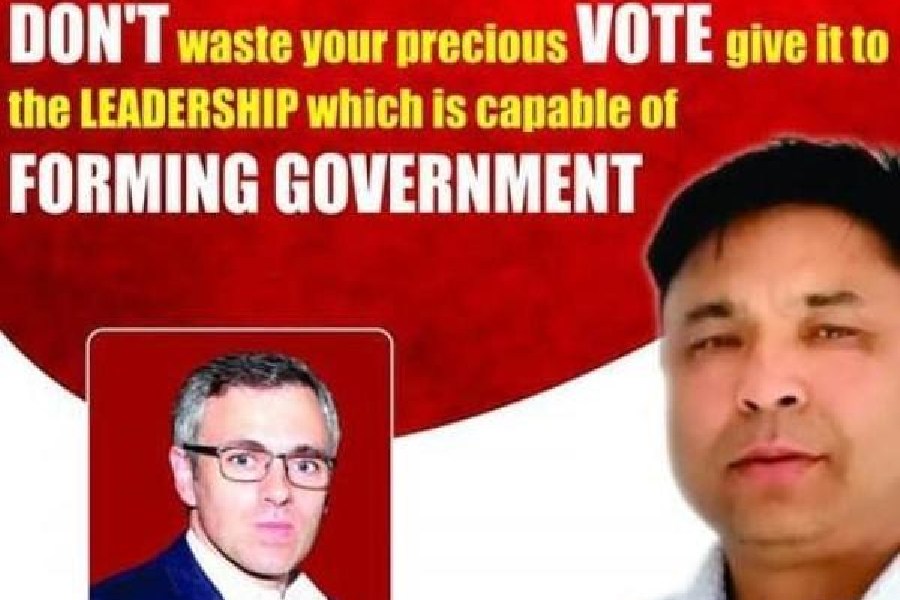The tripartite agreement among the faction of the United Liberation Front of Asom that was amenable to dialogue, the Centre, and the state government of Assam is a welcome development. As part of the agreement, the personnel belonging to this faction would be disbanded; they are expected to abjure violence and rehabilitate themselves into the democratic mainstream. This amalgamation would be contingent upon the investments in development as well as the State’s willingness to address the concerns of indigenous communities: undivided Ulfa’s ascendancy was the result of deep-seated anxieties among Assam’s indigenous communities, especially in the rural areas. The agreement, the Bharatiya Janata Party will be hoping, would generate momentum for the peace-building process in the rest of the Northeast’s restive pockets, especially those in Nagaland. It would also give the BJP and the North-East Democratic Alliance, the dominant coalition in the region, necessary political capital in an election year.
However, for all of the claims of the pact being historic, it must be acknowledged that this is an important step in, but not the culmination of, the process of achieving lasting peace. This is because durable peace would not be possible unless the Paresh Baruah-led segment, Ulfa (Independent), can be brought to the negotiating table. Although a much-depleted force, the Ulfa(I), which has remained opposed to peace talks, has the capacity to indulge in violence. Mr Baruah, who is said to be in hiding in Myanmar, has said that his faction would be ready for talks if issues related to sovereignty — a tricky territory — are discussed. India must dip into its diplomatic arsenal with its northeastern neighbours to clip Mr Baruah’s remaining wings. In the past, Bhutan and Bangladesh had played instrumental roles in breaking the Ulfa’s back. New Delhi must proceed to convince Myanmar, which is battling its own insurgencies, to lend a helping hand on Mr Baruah. There is thus a case for the Narendra Modi government to put greater energy into its outreach towards the nations on India’s northeastern border so that it yields dividends on New Delhi’s engagement with Ulfa’s radical wing. The prime minister’s Act East Policy could do with widening its horizons in this respect. Otherwise, this latest peace pact would remain as a job half-done.










